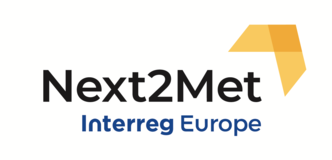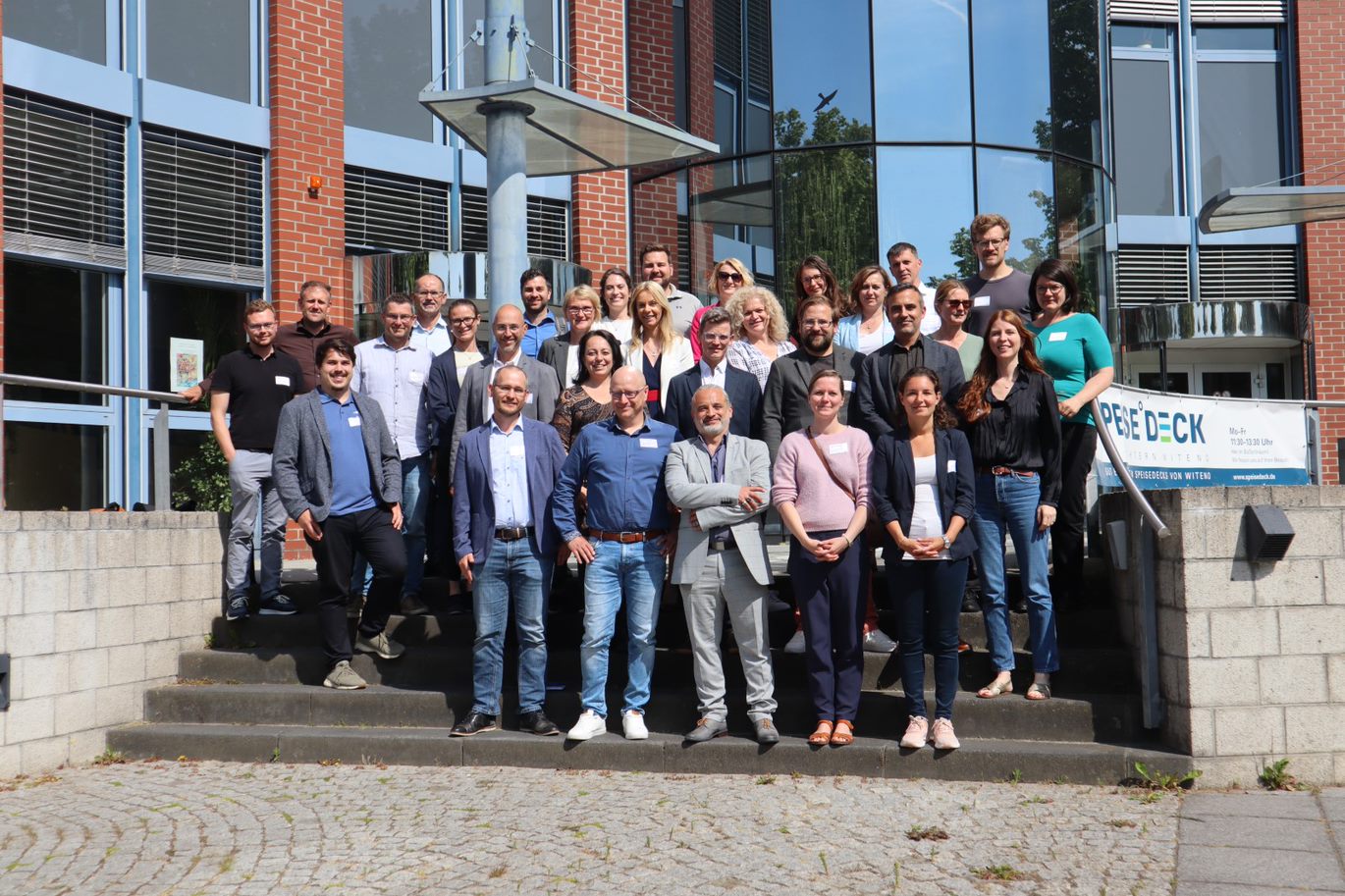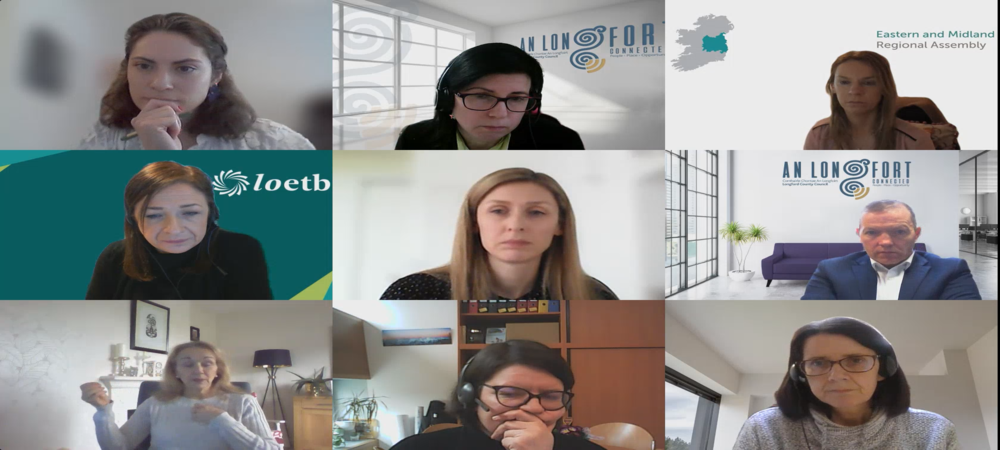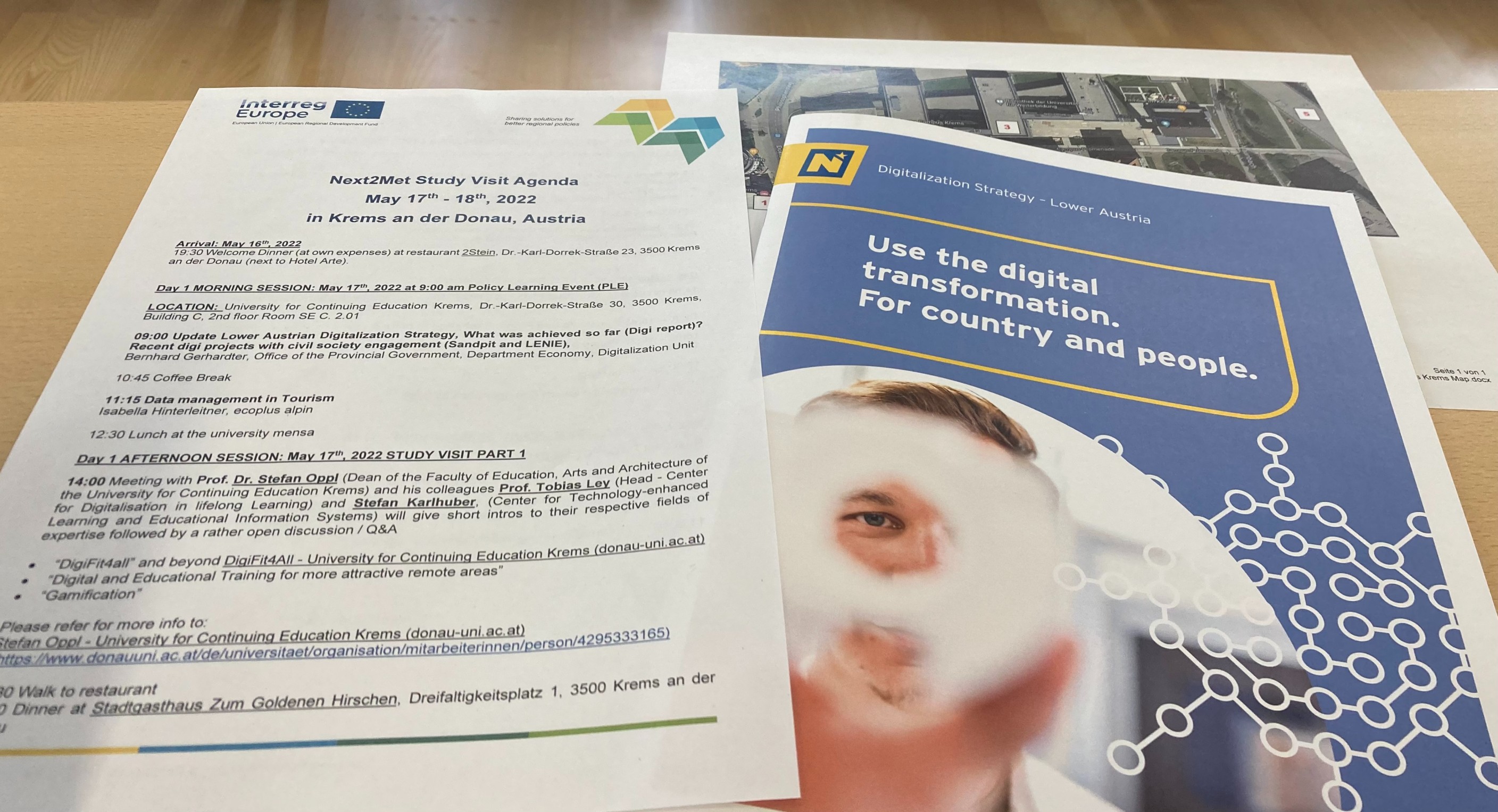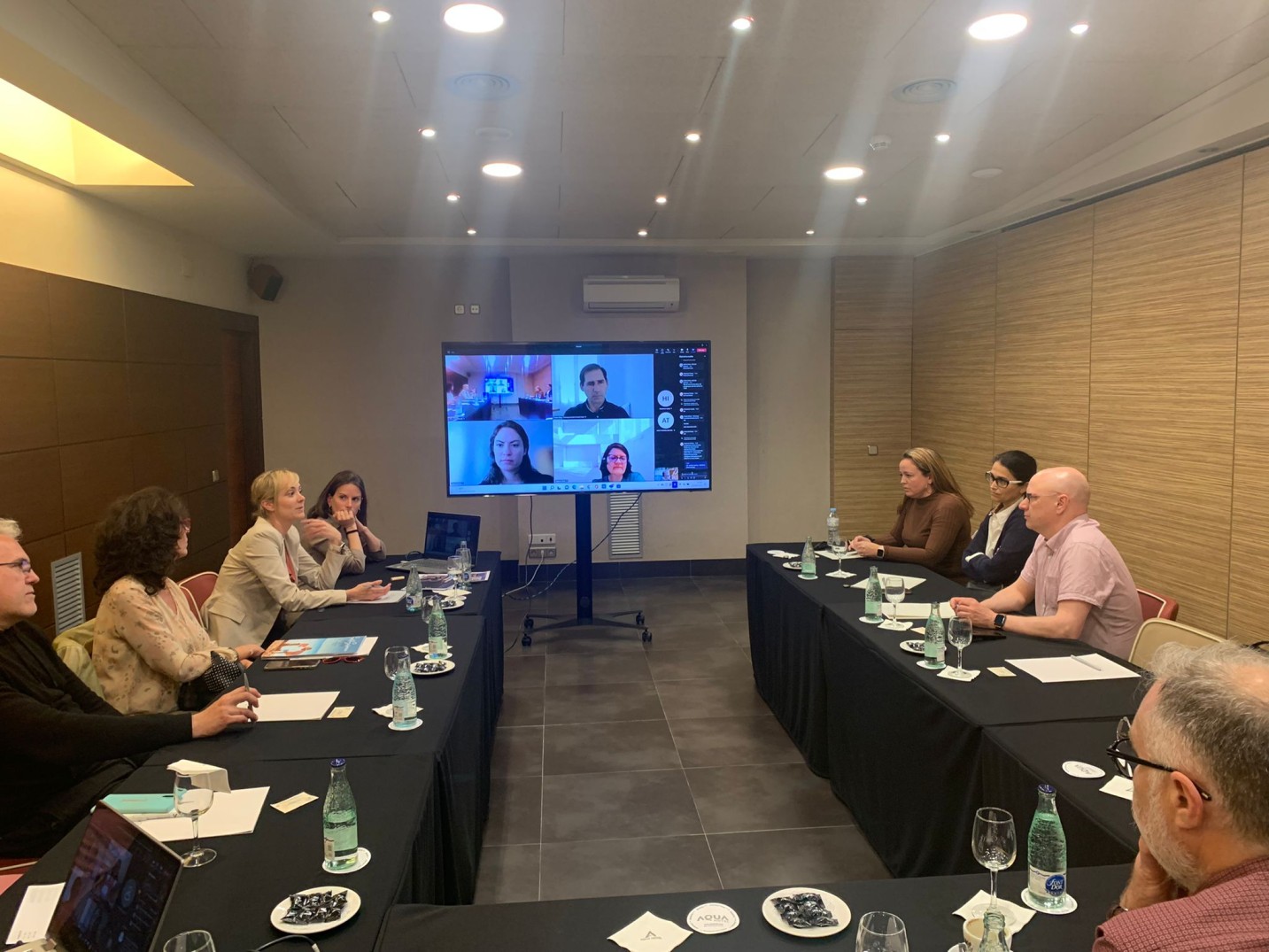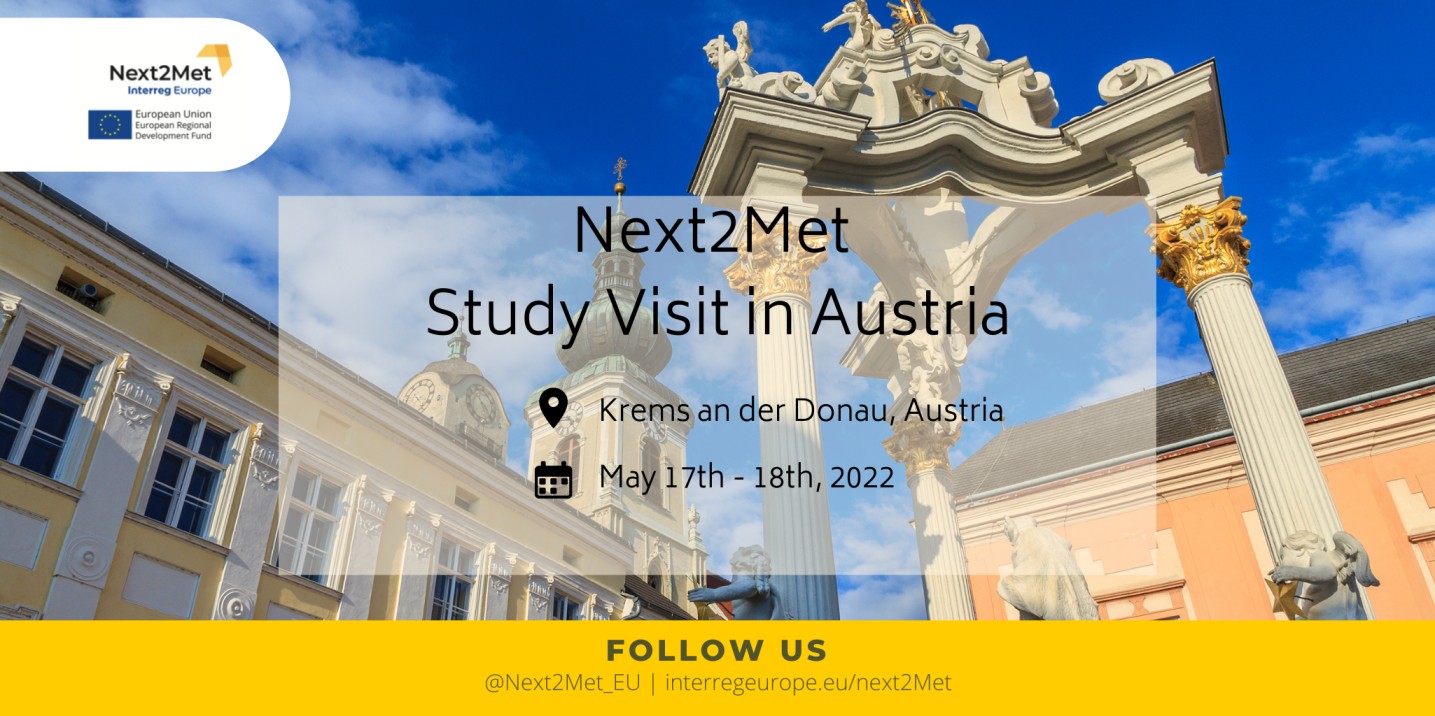Over the past 4 years, Barcelona Provincial Council (DIBA) and five other regional and local players and an advisory partner have been working together as part of the Next2Met Interreg Europe project, to implement policy solutions aimed at increasing the attractiveness for knowledge, opportunities and capital of territories located close to metropolitan areas.
Below, you will discover the challenges, solutions and results of Barcelona Provincial Council in reducing digital territorial asymmetries and boosting the attractiveness of non-metropolitan areas.
Barcelona Provincial Council is a local public authority that provides technical, economic and technological support to the 311 municipalities of the province of Barcelona (Spain), fostering quality local services throughout the province.
The Service Catalogue is the policy instrument used to provide resources to local governments in the region in order to reduce territorial asymmetries.
In DIBA Action Plan a change in the strategic focus of the policy instrument, the Service Catalogue, was implemented by lowering the minimum population size of municipalities that have access to Smart Region resources so now a greater number of smaller municipalities in the region have access to more digitalisation resources.
Initial Challenge
The amount of resources available and the attractiveness for knowledge, opportunities and capital that exists in the municipalities in the Barcelona Metropolitan Area and the municipalities in the rest of the region of Barcelona is still very uneven. These territorial asymmetries are greater in regards to developing innovative projects and digitalization initiatives, which are usually clustered in the Barcelona metropolitan area. Therefore, there is a key challenge to reduce digital territorial asymmetries in the region and to enhance the attractiveness of the non-metropolitan area to develop digital projects and smart initiatives beyond the Barcelona Metropolitan Area.
Solution
Activities carried out during the Next2Met project have highlighted the importance of adjusting digitalisation resources to increase opportunities in the regions next to big metropolitan areas. With this vision, it was decided to modify the three resources offered within the Smart Region Strategy from Barcelona Provincial Council for the Service Catalogue 2021-2023 so as to provide a special focus to support small- and medium-sized municipalities in the non-metropolitan areas. The main modification of DIBA Policy Instrument was to lower the minimum population size of municipalities that can have access to these resources so now a greater number of smaller municipalities in the region of Barcelona have access to more digitalisation resources to increase their opportunities for people, business and services, as well as to secure balanced territorial development and increase rural-urban innovation linkages.
Results
During the project lifetime, DIBA was able to report 2 political changes:
-It was decided to modify the three resources (i.e., a material resource called "Technological platform for urban management"; an economic resource called "Acquisition of devices that can be integrated into the technological platform for urban management" and a technical resource called "Development of smart city strategies") offered within the Smart Region Strategy for the Service Catalogue 2021-2023, by lowering the minimum population size of municipalities that can have access to these resources.
-Secondly, a completely new economic resource was added to the Service Catalogue 2021: "a support to buy devices and software to facilitate remote work" (e.g. laptops, software, webcams,...) directed at smaller municipalities in the region (with a population below 20,000 inhabitants), which was later eliminated and modified in spring 2022 to a new similar economic resource named "Devices and software for improving the digital equipment of local governments", also directed at smaller municipalities in the region.
The Policy Change achieved is an important improvement in order to better manage digitalisation resources. Now a greater number of smaller municipalities in the region of Barcelona will have the opportunity to have access to more digitalisation resources to increase their opportunities for people, businesses and services. For instance, between 2020 and 2021, the number of municipalities in the region of Barcelona that might have access to the Smart Region Platform (the material resource in the Service Catalogue) has increased by 105% by lowering the population needed to have access to it. Similarly, we find an increase of 31% of municipalities between 2020 and 2021 that can now access the "Development of smart city strategies" technical resource.
